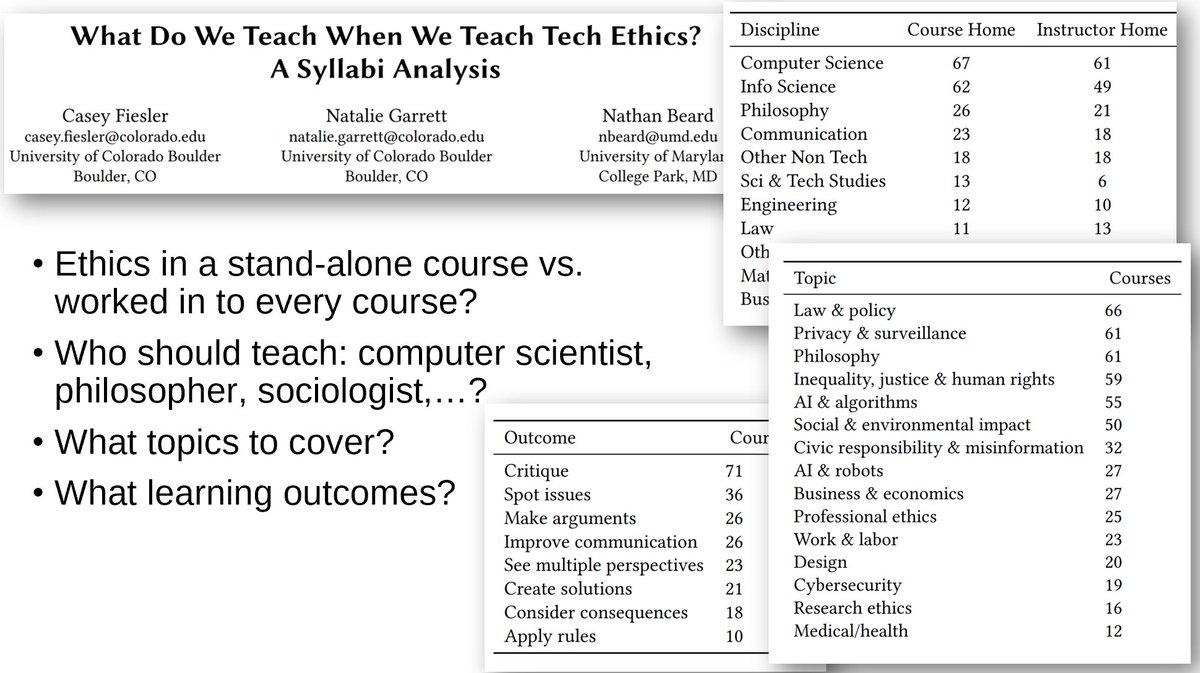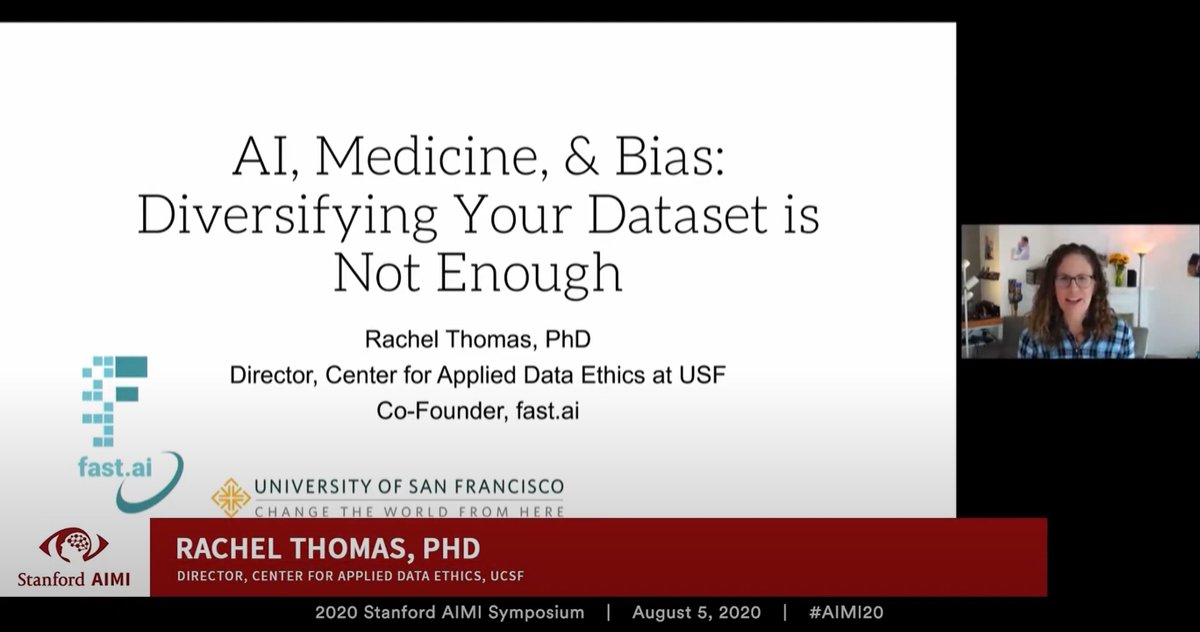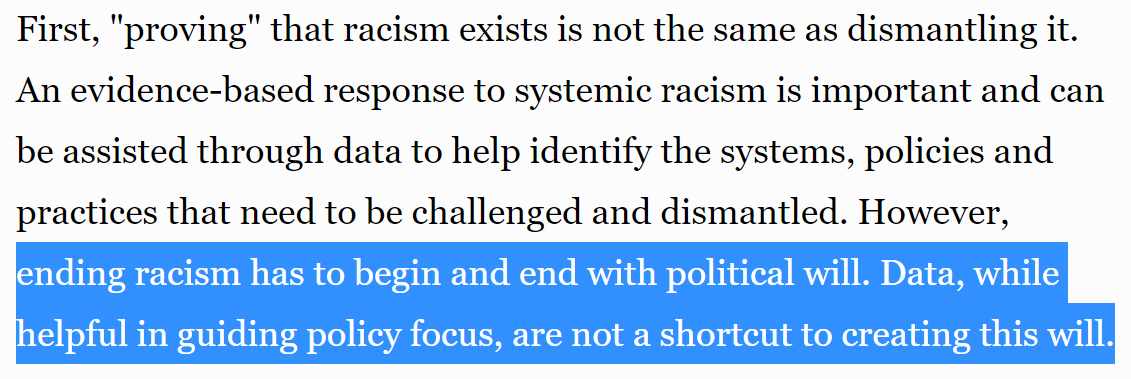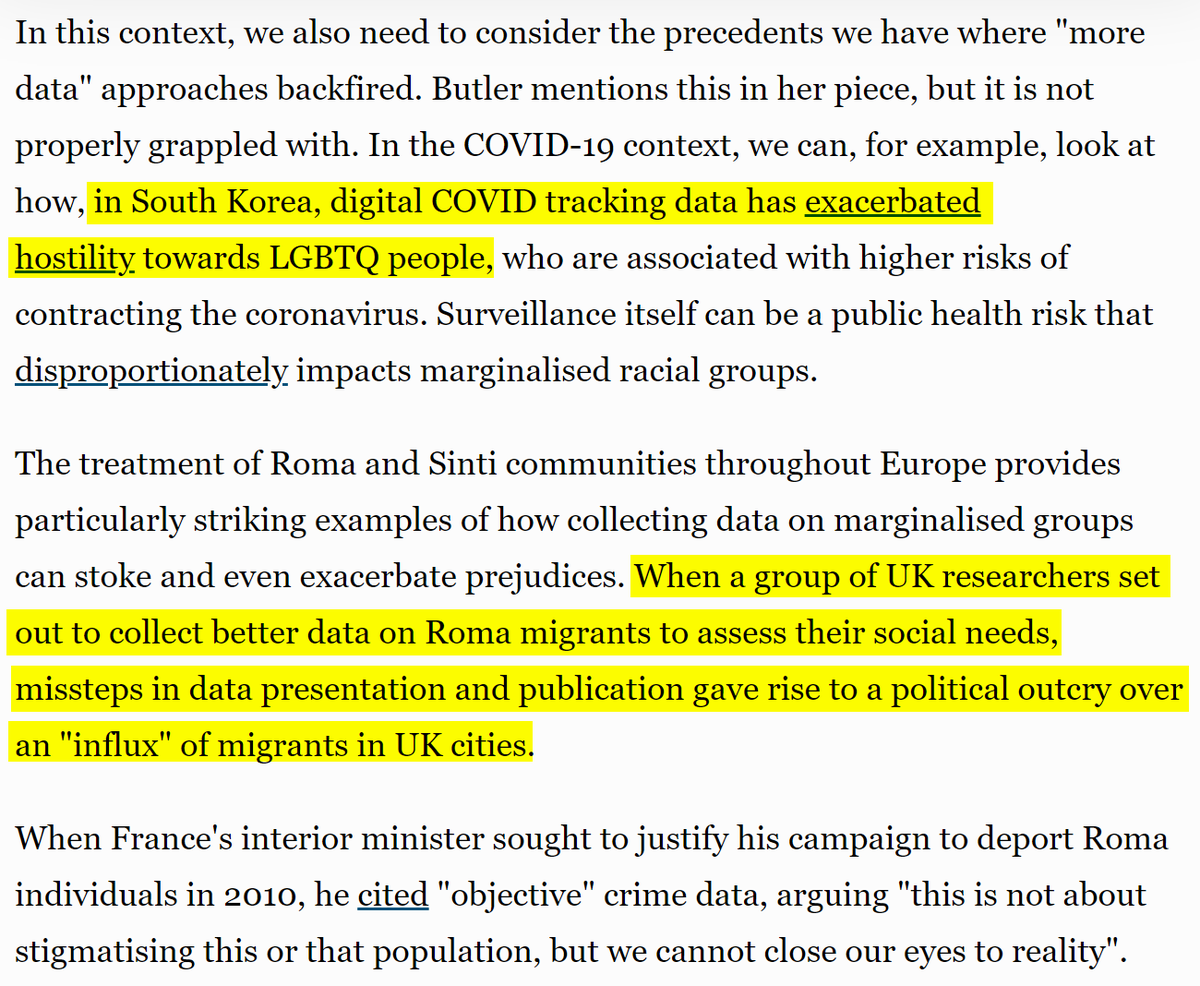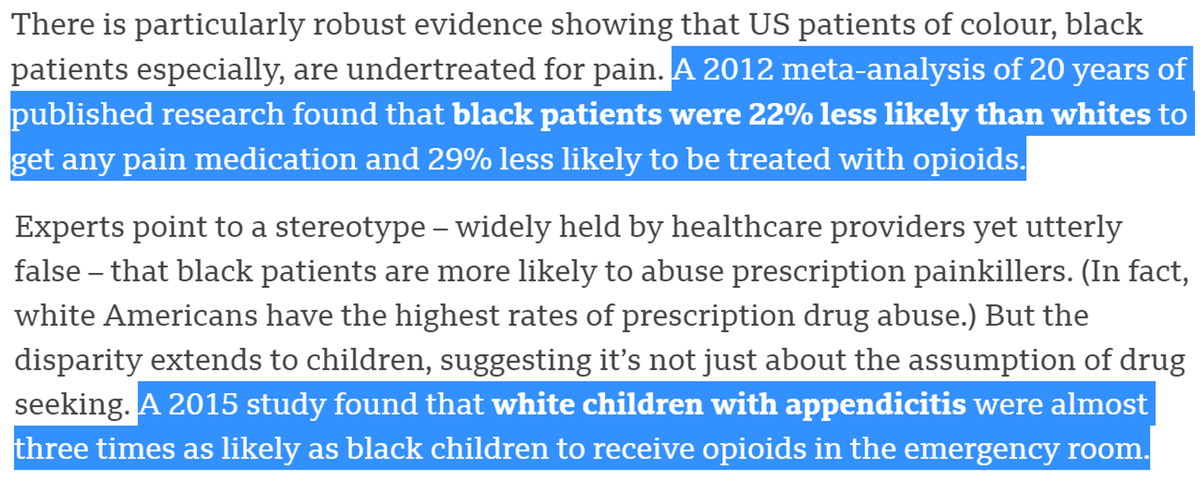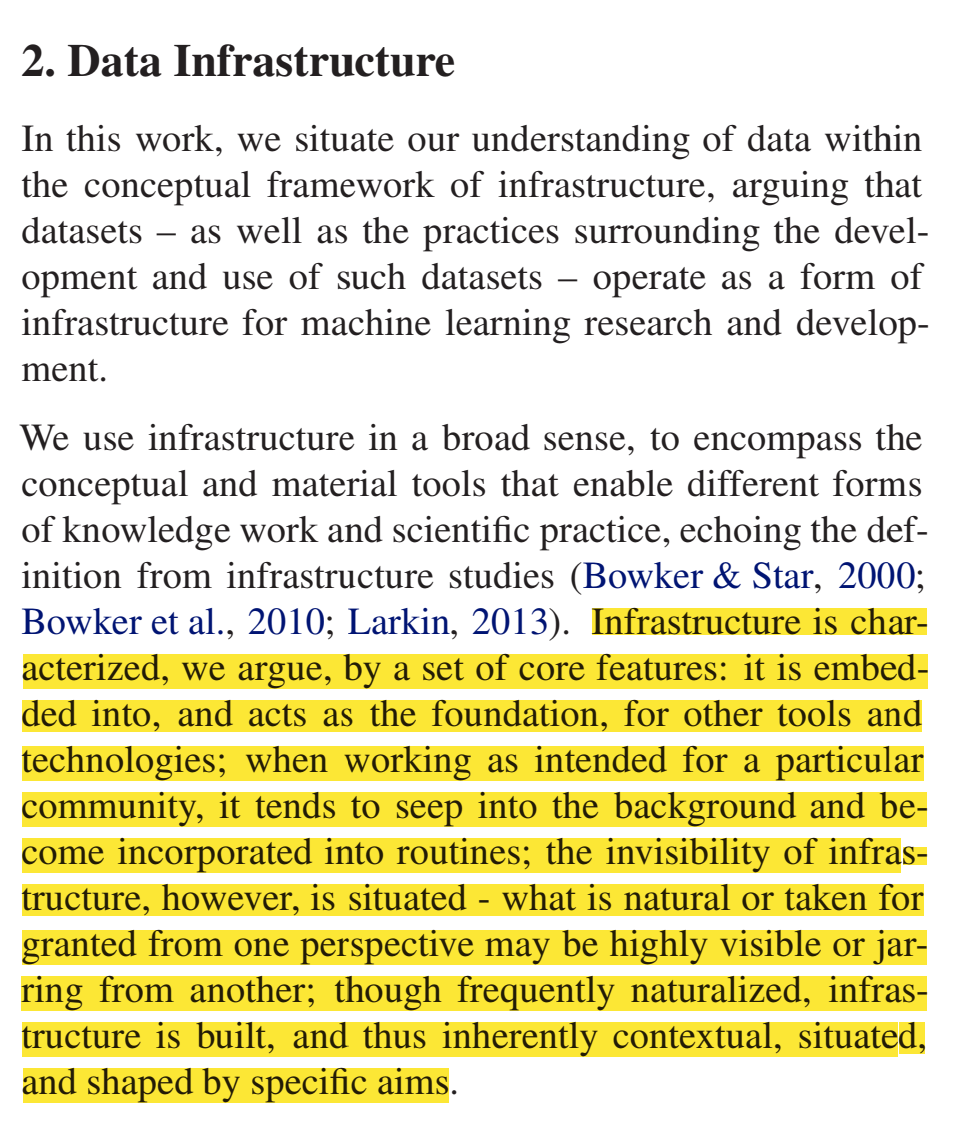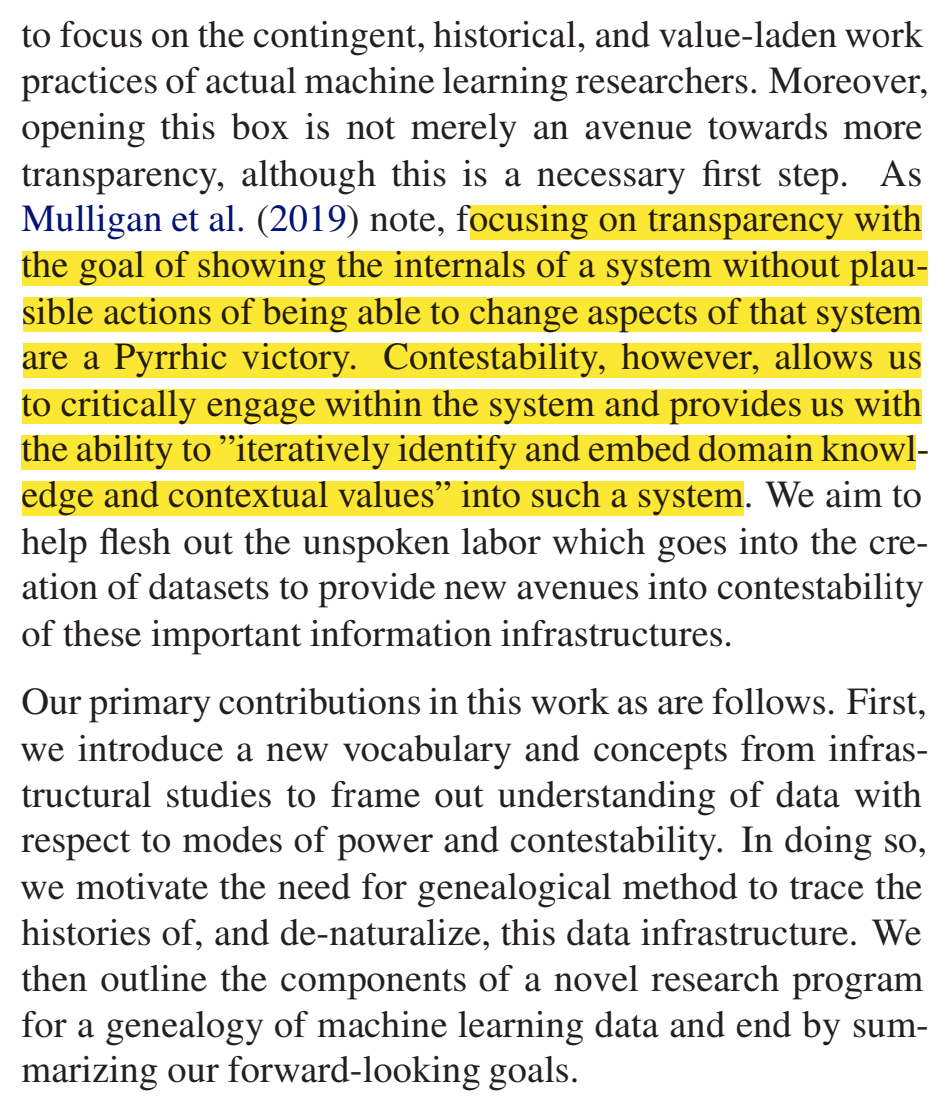
Thread of some posts about diversity & inclusion I've written over the years. I still stand behind these.
(I'm resharing bc a few folks are suggesting Jeremy's CoC experience ➡️ partially our fault for promoting diversity, we should change our values, etc. Nope!)
1/
(I'm resharing bc a few folks are suggesting Jeremy's CoC experience ➡️ partially our fault for promoting diversity, we should change our values, etc. Nope!)
1/
Math & CS have been my focus since high school/the late 90s, yet the sexism & toxicity of the tech industry drove me to quit. I’m not alone. 40% of women working in tech leave. (2015)
medium.com/tech-diversity… 2/
medium.com/tech-diversity… 2/
Superficial, showy efforts at diversity-washing are more harmful than doing nothing at all. Research studies confirm this (2015)
medium.com/tech-diversity… 3/
medium.com/tech-diversity… 3/
The primary reason women leave the tech industry is because they are treated unfairly, underpaid, less likely to be fast-tracked, and not given a fair chance to advance. (2016)
medium.com/tech-diversity… 4/
medium.com/tech-diversity… 4/
Diversity Crisis in AI, 2016 (written the week we publicly launched fast ai, this has been a core value from the start): fast.ai/2016/10/09/div…
Diversity Crisis in AI, 2017 edition: fast.ai/2017/08/16/div… 5/
Diversity Crisis in AI, 2017 edition: fast.ai/2017/08/16/div… 5/
Tech Interviews are Terrible. One key problem is that people primarily like to hire people like themselves. Some research, case studies, & guidelines. (2017)
medium.com/@racheltho/how…
6/
medium.com/@racheltho/how…
6/
Discrimination in tech against people with disabilities and chronic illnesses (2019)
medium.com/@racheltho/the… 7/
medium.com/@racheltho/the… 7/
The tech industry’s glorification (and often requirement) of long hours means that many people with chronic illnesses & disabilities are unable to work at many tech companies. (2019)
medium.com/s/story/techs-… 8/
medium.com/s/story/techs-… 8/
• • •
Missing some Tweet in this thread? You can try to
force a refresh

